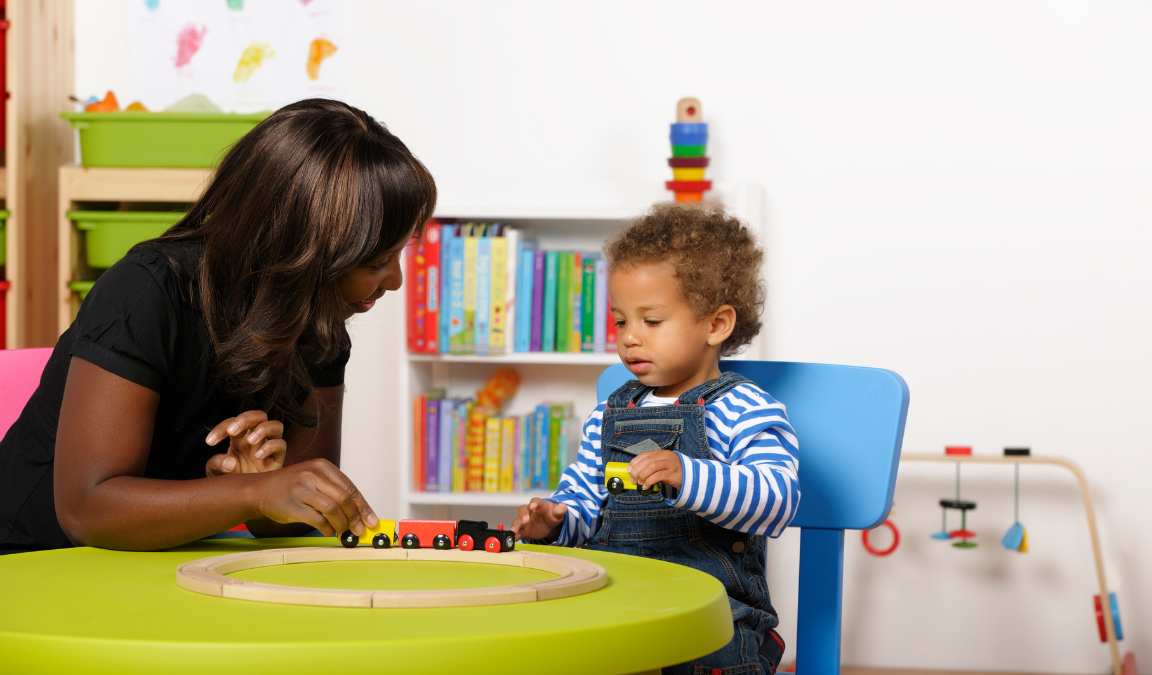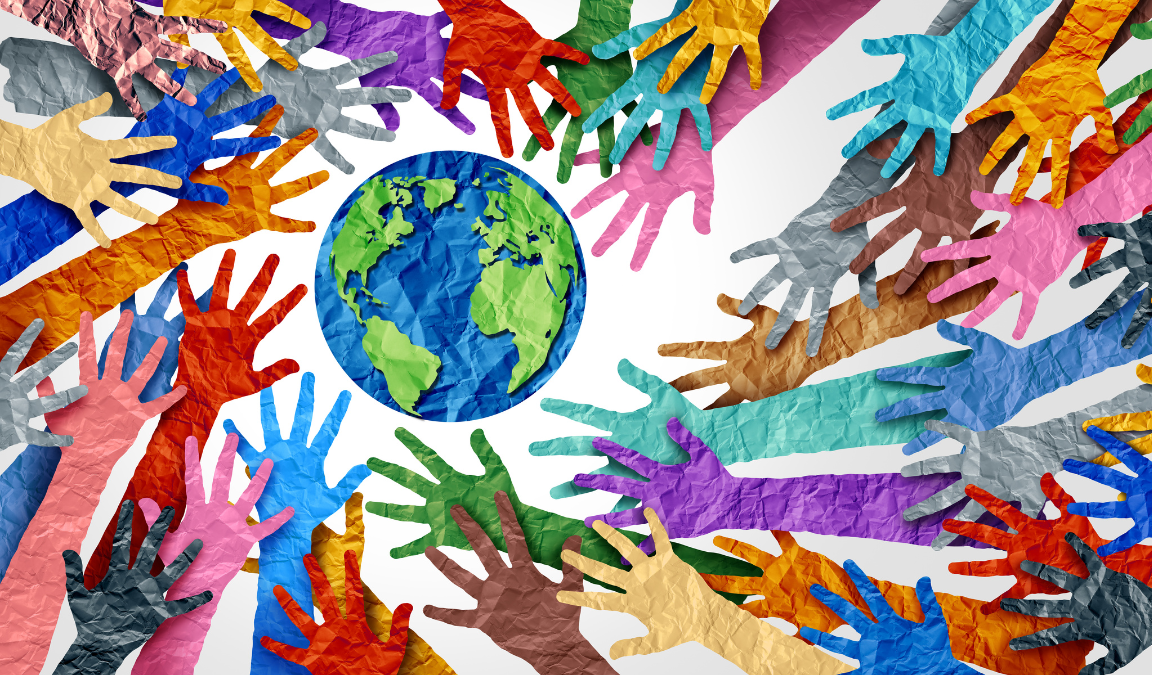In this article, Mina Minozzi, Child Emotion Specialist, shares her expertise and advice on the best ways for nurturing self-awareness and developing a sense of self-identity in early childhood.
Self-awareness is an essential part of a child’s development as it helps them to understand their emotions, thoughts, and actions. Children who understand themselves can be better equipped to cope with the challenges of life, make informed decisions, and pursue their dreams.
In early childhood, children explore who they are and what they like by interacting with those around them and their environment. These early experiences of self-discovery are the building blocks for their later self-awareness and self-identity.
Encouraging children to express their emotions, can be done through various means like art, writing, music, and play. Also, we can teach a child to identify and name their emotions through sharing our observations. For example, when a child is feeling sad, you could say, “I can see your mouth is facing down and your eyes are closed with tears, it looks like you are feeling sad right now.” This helps children to recognize and label their emotions, which is an important first step in developing self-awareness.

When we ask questions like, “How did that make you feel?” or “What could you have done differently?” instead of “Why are you angry?” or “You shouldn’t have done that, you should have done this.” It opens a different type of conversation, one that is from a place of curiosity, openness and understanding, rather than judgement, assumption, and authority.
The ‘what’ and ‘how’ framed questions encourage children to think about the motivations behind their actions and problem solve with our guidance. Applied this could sound like “What did you want when you hit George?” and “How else could you have let George know you weren’t finished with the Lego?”.
When we seek, include and use materials and activities that share diverse cultures, languages, and experiences, we help children to understand that there are many ways of being and that diversity is something to be celebrated. This also helps children to develop a greater appreciation for their own unique identity. Helping children to understand that differences are what make us unique and special can promote a sense of acceptance and understanding of others, which can lead to a better understanding of their own self-identity.

We all know that one of the main ways children learn is by watching others. We can practice self-awareness in our own lives, through talking about our emotions and actions. For example, we could say, “I’m feeling frustrated right now because I can’t find my keys.” This helps children to see that it’s okay to have emotions and to talk about them. Hearing us reflect on how we handled a situation and what we could have done differently can show children the value of self-reflection and learning from past experiences.
Promoting self-identity in early childhood is an important part of a child’s development. Parents, educators, and carers play a crucial role in this process by creating a supportive environment that encourages self-expression and embraces diversity. By understanding themselves, children can build a positive self-image, gain confidence in their abilities, and pursue their passions.

Mina Minozzi is a Child Emotion Specialist and international children’s author. She has a MSc in Child Development from the Institute of Education and over 12 years’ experience. She specialises in children’s confidence development, anger regulation, anxiety and stress management. She shares her understanding and skills of guiding children’s emotions with parents, businesses, education and care providers. Mina’s inclusive superhero book series introduces school aged children to emotional intelligence. She has consulted for CNBC make it, The Kids Network, Penguin Random House.